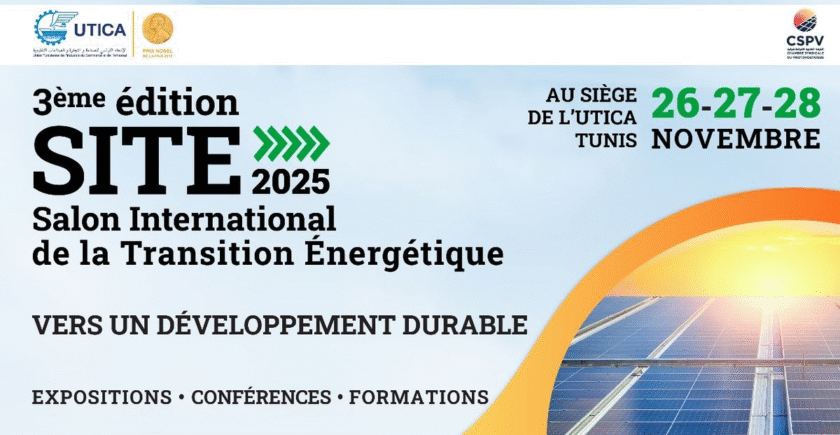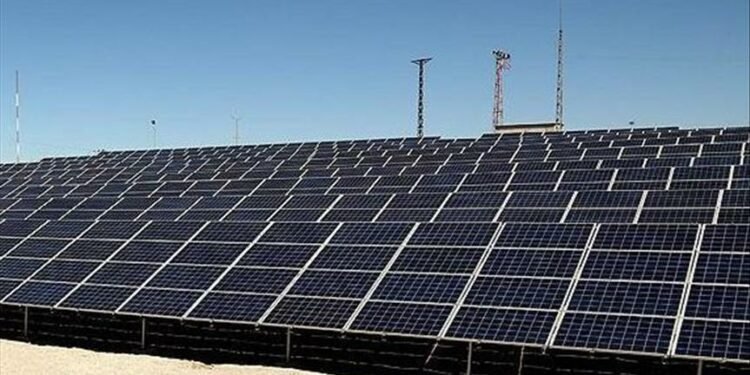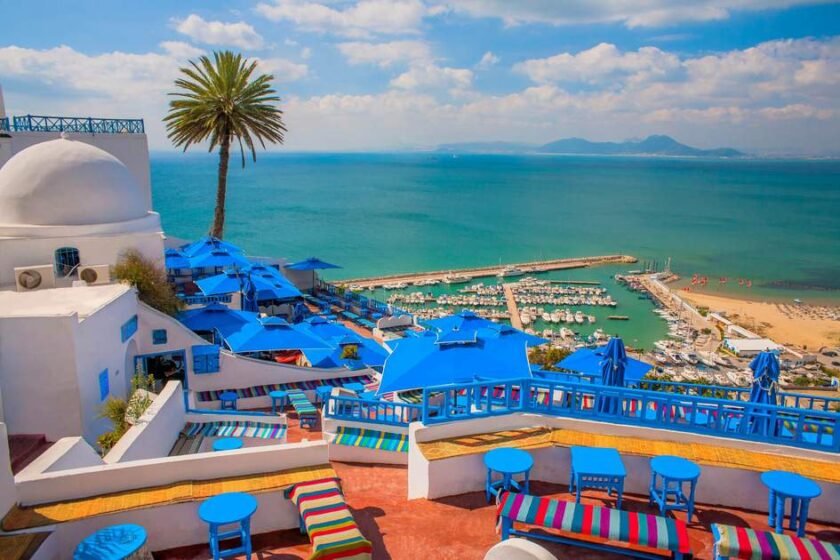The Elmed submarine power cable, a strategic energy link between Italy and Tunisia, is progressing on schedule and is poised to transform the two nations’ energy landscapes by the end of 2028, according to high-level confirmations at the International Energy Transition Exhibition in Tunis.
Tunisian Secretary of State for Energy Transition, Wael Chouchane, assured that the project “is progressing as planned and will be completed on time,” describing it as a “structuring partnership” that will significantly impact the energy security of both countries.
The ambitious project, a joint venture between Italy’s Terna and Tunisia’s STEG, involves laying a 220-kilometer submarine cable beneath the Strait of Sicily. With a capacity of 600 megawatts, the €850 million interconnection will link converter stations in Trapani, Sicily, and Mlaabi on Tunisia’s Cape Bon peninsula.
The initiative is a landmark for European Union funding, having received €307 million from the European Commission—the first time the EU has co-financed an electricity link with a non-member state. The project is further backed by a consortium of international lenders, including the World Bank and the European Investment Bank.

Italian Ambassador to Tunisia, Alessandro Prunas, emphasized the project’s role in creating interdependence, stating it “will improve the energy security of both Italy and Tunisia.” He also highlighted Tunisia’s “enormous” untapped renewable energy potential, suggesting that in the long term, the cable could allow Tunisia to export clean power to Europe, aiding EU decarbonization goals.
The project was discussed against the backdrop of Tunisia’s “serious energy deficit.” Chokri Bahri, a senior Tunisian parliamentarian, argued that Elmed should be maximized as a “strategic energy bridge” to fully integrate Tunisia into the Euro-Mediterranean energy market, allowing for energy exports and imports as needed.
Meanwhile, Samir Majoul, President of the Tunisian Confederation of Industry, Trade, and Handicrafts (UTICA), reported that the country is on the “right track” towards its goal of 35% renewable energy by 2030. He noted that renewable production has jumped from below 3% to just over 6% in two years, fueled by state and private investment. Majoul cited growing green financing from local and international institutions and significant progress in local industrial integration for renewable projects as positive signs for the sector’s future.
TunisianMonitorOnline (BRC)




